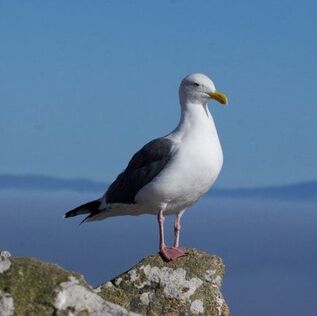 Please join us for our first monthly meeting of the year at the Landscape Center of Moana Nursery. Date: January 23, 2024 Time: Doors open at 6:30 pm for social time, snacks, and book raffle! The presentation starts at 7:00. Location: 1190 W. Moana Lane, Reno Ned Bohman, Outreach Coordinator with the Great Basin Bird Observatory will speak about some of his recent experience volunteering on Southeast Farallon Island, an incredible landscape with much biodiversity. The Farallones are an oasis located in a different type of desert than typically seen in Nevada. Ned will talk about bird migration on the island, seals, sea lions, sharks, whales, salamanders and others. Register here. Please join us on May 25 for our next Program Meeting. Karrie Wilhite, Director of the Great Basin Outdoor School Adventure Day Camp, will lead us in a workshop on Nature Journaling. This meeting will be offered in person at the Moana Nursery Design Center as well as online via Zoom.
Zoom Link: https://us02web.zoom.us/j/88055515448?pwd=U0hnSU83MmxJbUpzaUF6RC9GeGExUT09 Details: May Program Meeting Nature Journaling Workshop Tuesday, May 23rd, 2023 6:30 pm to 8:30 pm Location: Moana Nursery Design Center, 1100 W. Moana Lane, Reno LAS is hosting a Welcome and Thank you Party honoring Diane Wong-Kone, Anna Bateman, and Drew Lindsey. This event is a potluck, so please help us celebrate by bringing either an appetizer or dessert to share. Plan to mix and mingle with fellow LAS members while helping us show our appreciation to our LAS staff.
Details: LAS Welcome and Thank You Party Appetizer and Dessert Potluck Tuesday, Nov 29, 2022 6:30 pm to 8:30 pm The River School Farm, 777 White Fir Street, Reno We are so excited to be back to our in-person monthly membership meetings and a huge thank you to Bob Goodman for kicking off the season last month. We are looking for volunteers to help host the snacks and beverages that we provide at each meeting. This would entail purchasing light snacks, and setting up the hospitality table before the start of the meeting. LAS will reimburse volunteers for the snacks they purchase and we are hoping to have different volunteers sign up for each meeting. If you are interested in helping or if you have any additional questions, please send us a message and we hope to see you at our October meeting.
February Monthly Meeting: Avian Scatter-hoarders and Their Impacts on Plant Communities - 2/22/20222/7/2022 Join us for this exciting virtual meeting where Lindsay Dimitri will share some of her research on how birds can act as restoration specialists. When people think of birds and seed dispersal, they generally think of a bird consuming a fruit and passing the seeds intact (endozoochory). However, many plants rely on scatter-hoarding by birds in order to disperse their seeds. We'll review seed dispersal by birds in general, then dive into an often-overlooked plant-animal interaction, with examples from local ecosystems as well as other fascinating interactions that have been observed globally.
About The Speaker: Lindsay Dimitri earned her M.S. at the University of Nevada, Reno studying the seed dispersal systems of western and Utah juniper. During her master's, she was the teaching assistant for Field Ornithology for 3 semesters helping students learn to identify the birds of Nevada. She's volunteered on 3 bird surveying efforts in Ecuador, and also surveyed herpetofauna in Costa Rica. Lindsay worked at the USDA Great Basin Rangeland Research Station for 17 years where she studied the impacts of invasive weeds on birds and small mammals, small mammal population dynamics, juniper seed ecology, and cheatgrass genetics. She recently began teaching 7th and 8th grade science at the Mountain View Montessori School, where she hopes to inspire future birders and naturalists. Richard Podolsky is marine scientist with expertise in the behavioral ecology of seabirds, especially puffins, albatross, shearwaters and petrels. He worked for 11 summers on National Audubon’s Project Puffin that successfully restored Atlantic Puffins to several Maine islands. For his doctoral degree from the University of Michigan, Podolsky restored the Laysan Albatross to the Hawaiian Island, Kauai. Following this study, Dr. Podolsky completed his postdoctoral training at the Charles Darwin Station in the Galápagos Islands where he restored the critically endangered Galápagos Petrel. Podolsky lives in Camden, Maine.
Richard presented on Tuesday, January 25th at 7:00 pm. Our December bird of the month is the Pinyon Jay. Pinyon Jays are known for foraging in Pinyon pines, hence their namesake. Pinyon Jays are a larger jay, and sometimes mistaken for small crows. Pinyon Jays are found throughout the American West and even parts of Baja California. They are often seen in the Great Basin region due to the Pinyon trees that can be found here. Flocks of Pinyon Jays can be seen in Alum Canyon and have been recently observed on Peavine here in Reno. The Pinyon Jay is a Watch List species due to habitat loss. Lahontan Audubon Society is partnering with the Great Basin Bird Observatory on an exciting community science project to advance our knowledge of this unique species. Join us for our upcoming free monthly meeting where you will learn all about the natural history of Pinyon Jays and how you can support conservation efforts. To register for the member meeting click below. For more information about Pinyon Jays and to hear recordings of their call, please visit the Audubon Field Guide entry below:
The Pinyon Jay is a charismatic corvid that can be seen locally, including in Alum Canyon and recently on Peavine. Unfortunately, their population has declined nearly 80% since the 1970s and the Pinyon Jay is a Watch List species due to habitat loss. Join us on Tuesday, December 14th at 7:00 for this virtual presentation by the Great Basin Bird Observatory. This webinar will feature background on the species, research, and ways that you can help with ongoing monitoring and conservation efforts.
As the weather becomes chilly, many of our feathered friends make their way south for the winter, but where do they go? Mario Cordoba returns to share with us the Costa Rican habitats of our local bird species. Find out which species are enjoying annual tropical sojourns and how Costa Rica and Nevada are connected by our birds.
Join Mario Cordoba, a Costa Rican native, for a Zoom webinar on the Western North American Birds in Costa Rica. Mario has been birding since childhood and guiding for over 25 years. He has guided numerous trips for birding groups and international natural history organizations such as the National Audubon Society, Bird Watcher’s Digest, National Geographic Society, Road Scholar, and the Sierra Club in Costa Rica, Panama, and Ecuador. Mario will be leading two Costa Rica birding trips for the Lahontan Audubon Society in February 2022. |
topics
All
Archives
July 2024
|
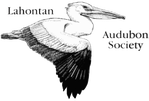

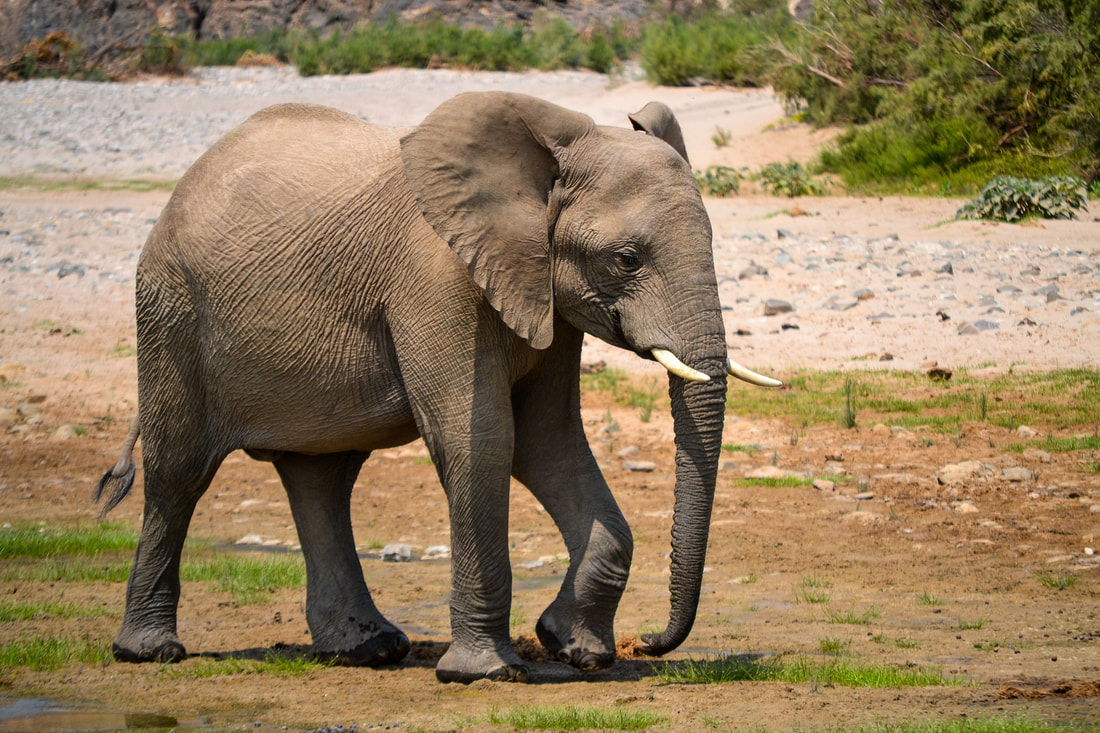

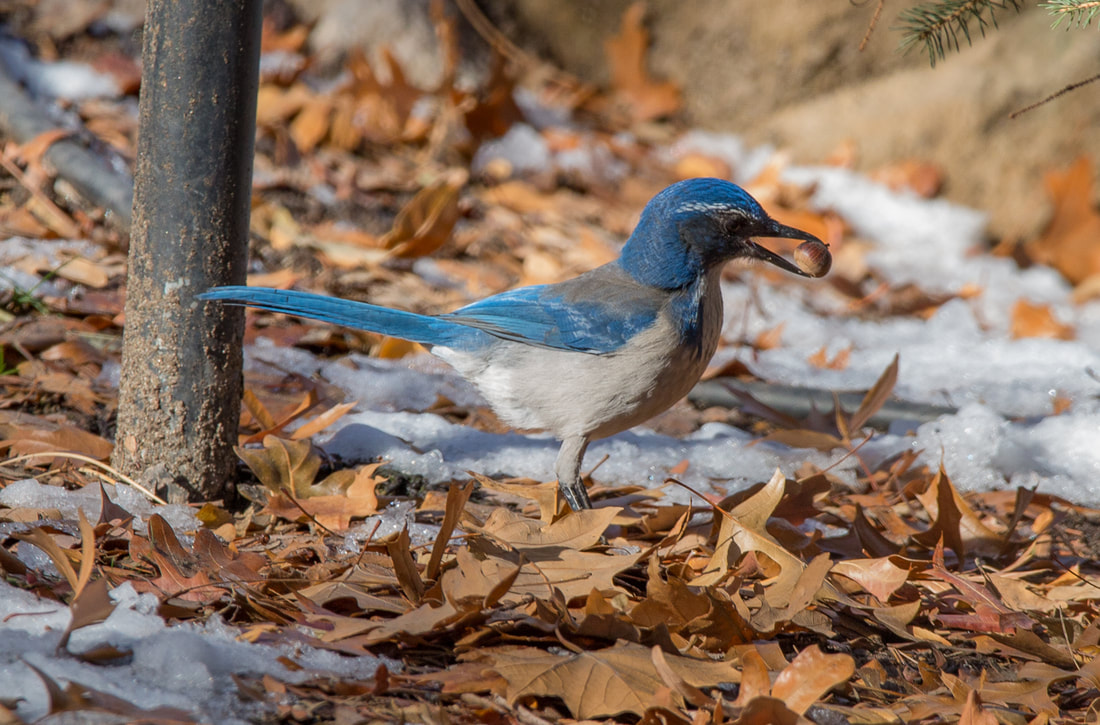
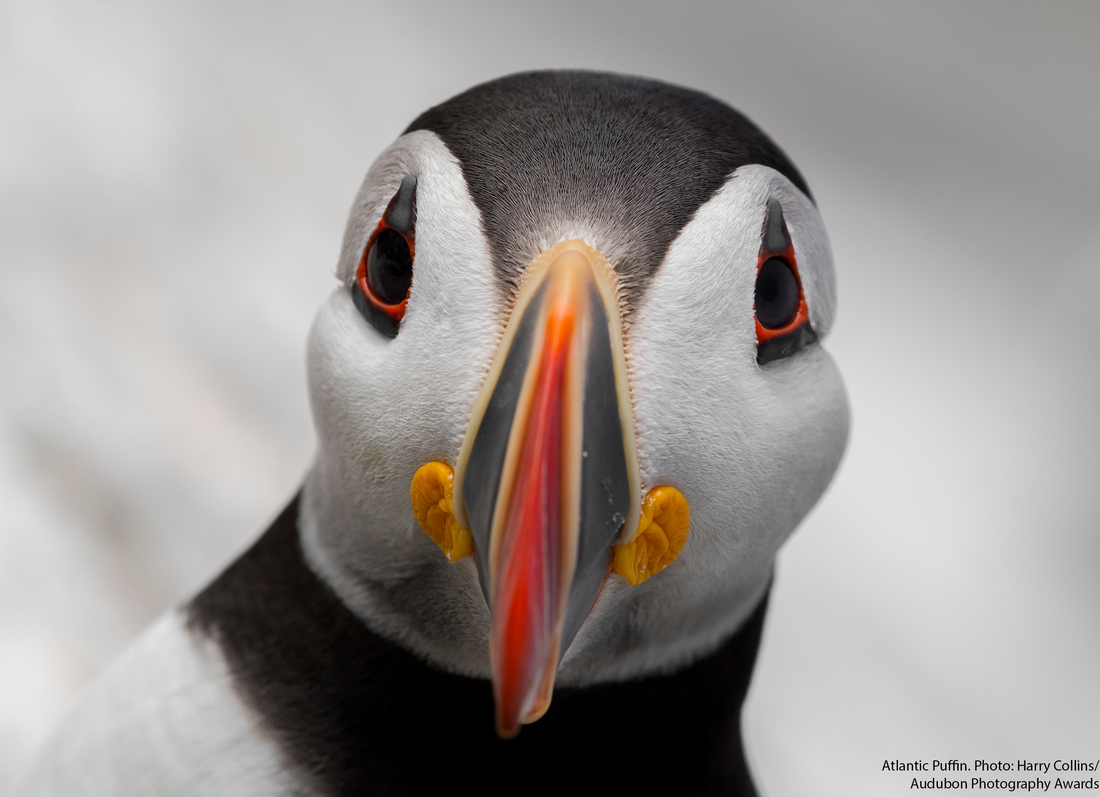
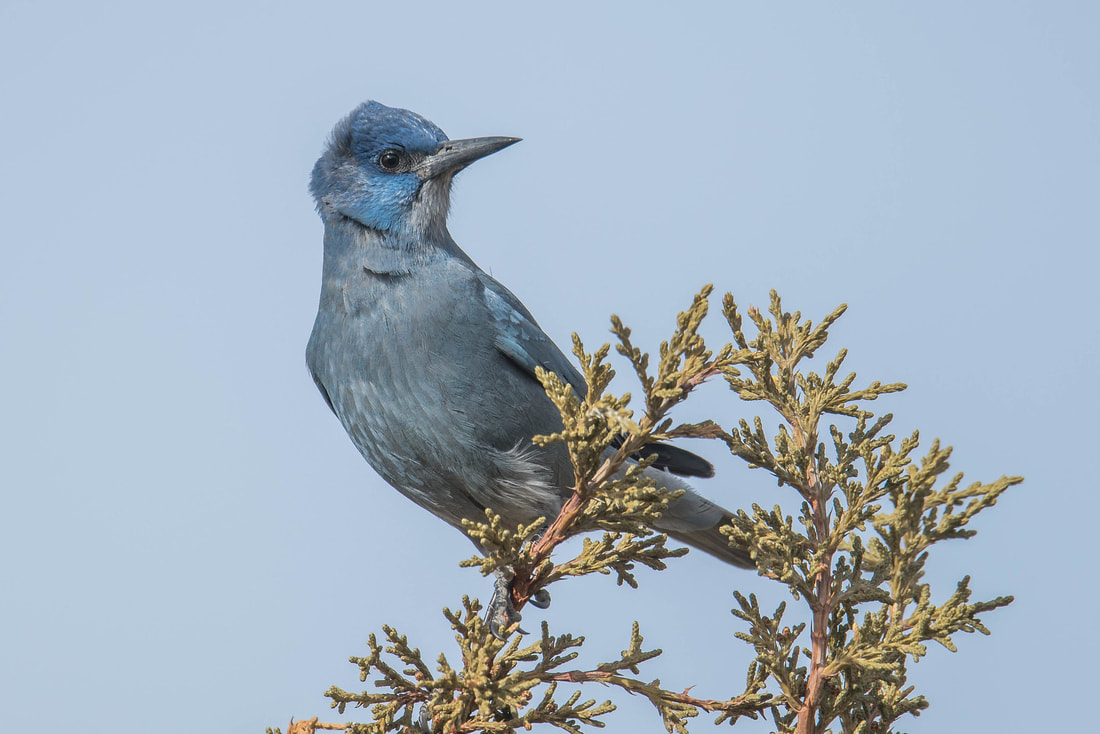
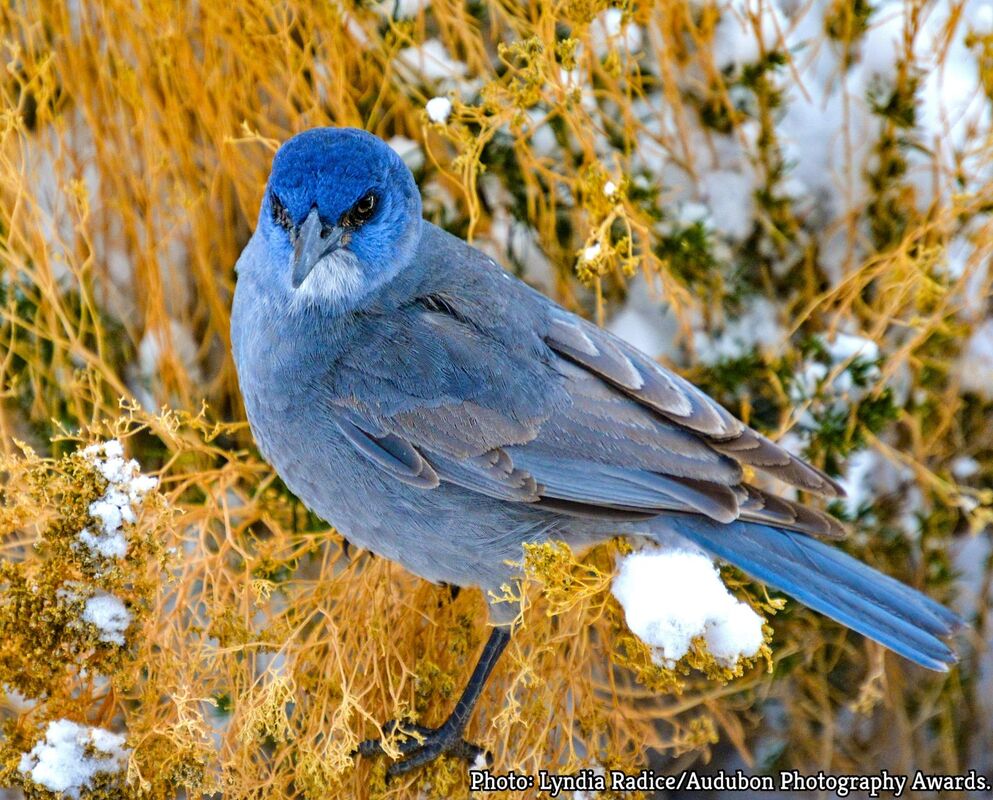
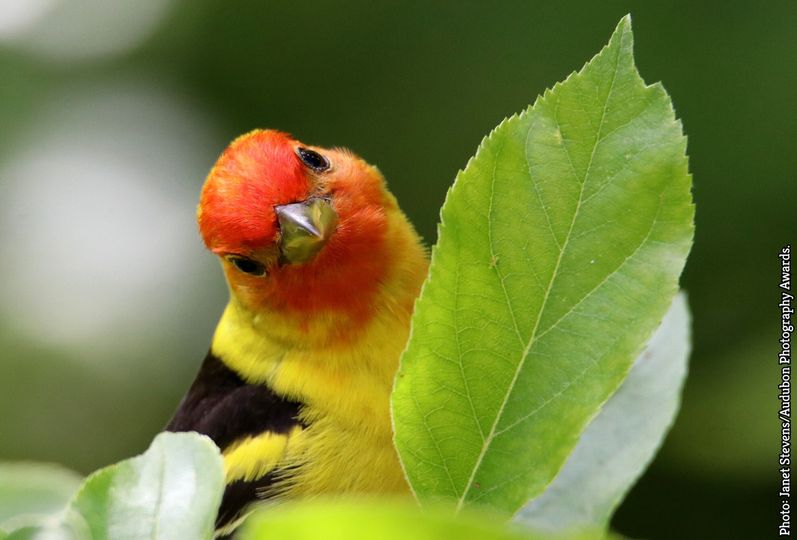
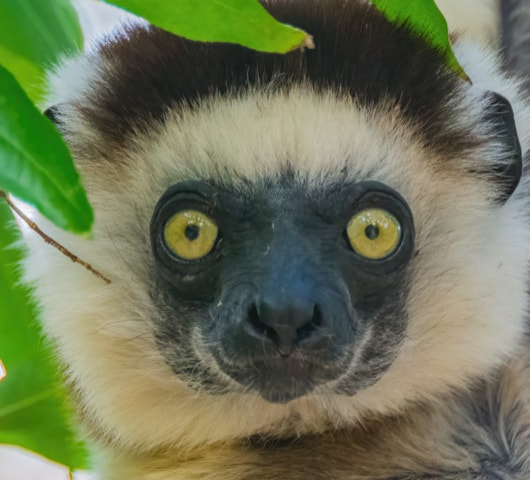
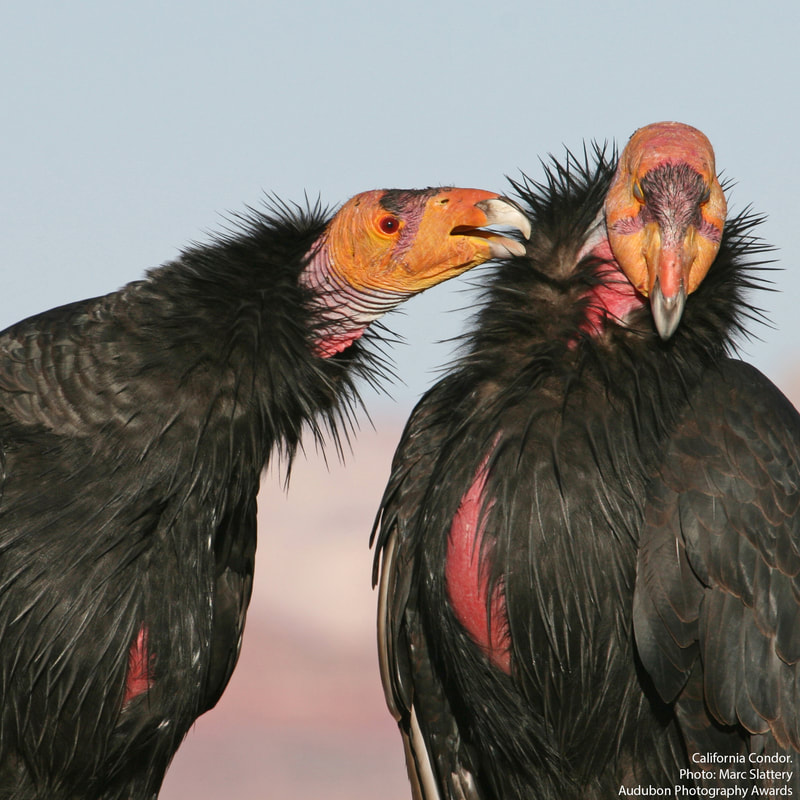
 RSS Feed
RSS Feed